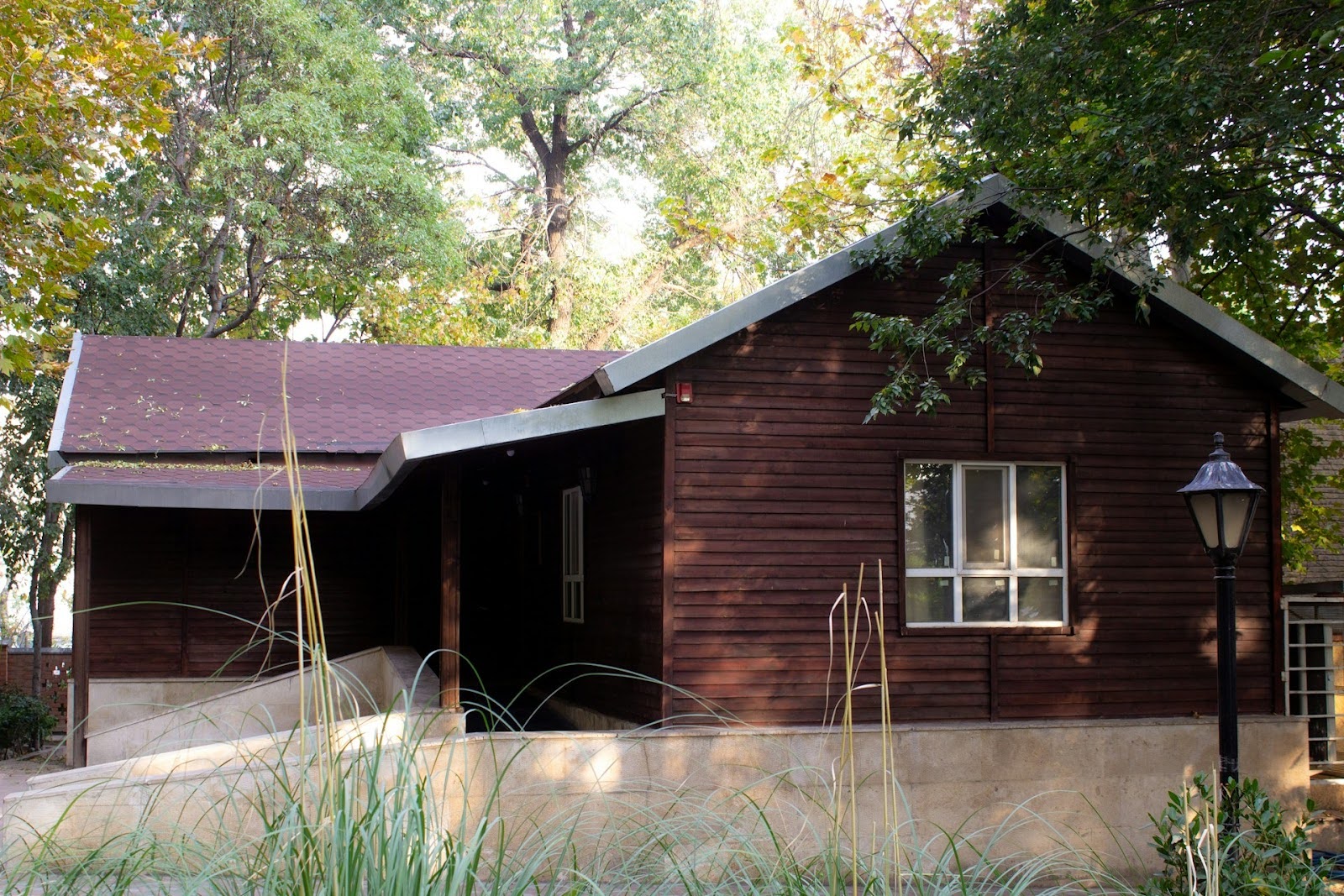Do I Need Council Approval to Build a Shed?

A shed can be a great addition to any Aussie backyard. Whether you need extra storage, a workshop for your hobbies, or a dedicated “man cave” or “she-shed,” it’s a practical way to add value and space to your property. But before you head to Bunnings and start laying a slab, it’s crucial to understand the rules. One of the most common questions homeowners have is: do I need council approval to build a shed?
The answer isn’t always straightforward and depends on your local council’s regulations. Navigating these rules can feel complicated, but getting it right from the start saves you from potential headaches down the track. With the help of Conveyancing & Property law experts, you can ensure your project complies with all legal requirements.
What is the General Rule?
As a general rule, most shed constructions in Australia do require some form of council approval. This process is in place to ensure that any new structure is safe, doesn’t negatively impact your neighbours, and complies with local planning schemes and building codes.
However, many councils offer exemptions for small-scale projects, which means you might be able to build your shed without lodging a formal application. This is often referred to as an “exempt development.”
When is a Shed Exempt from Council Approval?
Exemptions for building a shed without council approval vary significantly between states and local councils. However, they generally depend on a few common factors:
- Size: There are usually strict limits on the floor area (e.g., under 10-20 square metres) and height (e.g., under 3 metres) of an exempt shed.
- Location: The shed must be positioned a minimum distance from property boundaries and the main house. For example, it might need to be at least 900mm from each boundary.
- Zoning: Your property’s zoning (e.g., residential, rural) can affect whether you can build a shed without approval.
- Use: The shed must be for residential purposes, like storage or a hobby workshop, and not for living in or running a business from.
- Bushfire Prone Areas: If you live in a designated bushfire-prone area, stricter rules will likely apply, and an exemption may not be possible.
Because these rules are so specific, what’s allowed in one suburb might not be in another. Always check your local council’s specific requirements.
How to Check Your Local Council Regulations
Figuring out which rules apply to you can seem daunting, but following a few simple steps will give you a clear answer.
- Visit Your Council’s Website: The first and easiest step is to visit your local council’s website. Search for terms like “sheds,” “outbuildings,” or “exempt development.” Most councils have dedicated pages or downloadable fact sheets explaining their rules.
- Use Online Planning Tools: Many states have online planning portals (like the NSW Planning Portal) that allow you to check the rules for your specific address.
- Call the Council’s Planning Department: If you can’t find the information online or need clarification, don’t hesitate to call the council’s planning or duty officer. They can provide advice specific to your property and proposed shed.
What Happens if You Build a Shed Without Approval?
Ignoring council regulations might seem like a tempting shortcut, but it can lead to serious consequences. If a council discovers an unapproved structure, they can:
- Issue a Fine: You could face significant financial penalties for breaching planning laws.
- Order Demolition: The council has the authority to issue a “pull down” order, forcing you to remove the shed at your own expense.
- Create Future Problems: An unapproved structure can cause major issues when you decide to sell your property, potentially delaying or even derailing the sale.
Do Your Homework First
Building a shed is a fantastic way to enhance your property, but doing it by the book is essential. Taking the time to check your local council’s requirements ensures your project is legal, safe, and hassle-free. A quick phone call or website visit can save you from costly fines and the potential heartbreak of having to tear down your new structure.
If you’re ever in doubt about property regulations or need guidance on any aspect of property law, it’s always best to seek professional advice.






























